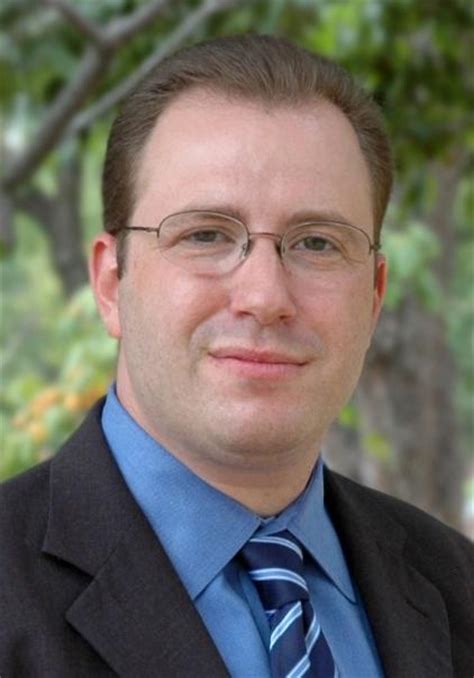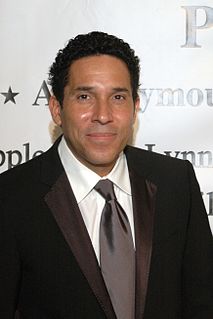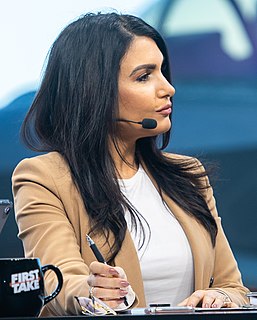A Quote by Mahathir Mohamad
When the people believe that the print media and the government-controlled TV are not really reporting what is happening, then people turn away from them, and their next resort is, of course, to access the Internet and what they can get on the Internet.
Related Quotes
Everyone should be concerned about Internet anarchy in which anybody can pretend to be anybody else, unless something is done to stop it. If hoaxes like this go unchecked, who can believe anything they see on the Internet? What good would the Internet be then? If the people who control Internet web sites do not do anything, is that not an open invitation for government to step in? And does anybody want politicians to control what can go on the Internet?
The pitfall of what's happening in the media is if you're under thirty, you get your news from the Internet and The Daily Show, and there's not much discrimination between what they find on the front page of The New York Times and what they find on the Internet. That's not a bad thing, in the sense that people don't get spoon - fed anymore.
Social media is important, but it does not bring down governments. Governments can shut down the Internet. Governments can control media access. If they do what the Tunisians did and try and negotiate with the opposition, then the media's still open, the international community can learn what's happening in the country, and then that can provide inspiration. But in mid-2009, the Iranian regime just shut down the Internet. Facebook went dark. Twitter went dark. BBC Persian, Voice of America, Persian News Network all went dark. That was it.
In the Internet world, both ends essentially pay for access to the Internet system, and so the providers of access get compensated by the users at each end. My big concern is that suddenly access providers want to step in the middle and create a toll road to limit customers' ability to get access to services of their choice even though they have paid for access to the network in the first place.
In one sense, the Internet is like the discovery of the printing press, only it's very different. The printing press gave us access to recorded knowledge. The Internet gives us access, not just to knowledge, but to the intelligence contained in people's crania, access to the intelligence of people on a global basis.
































